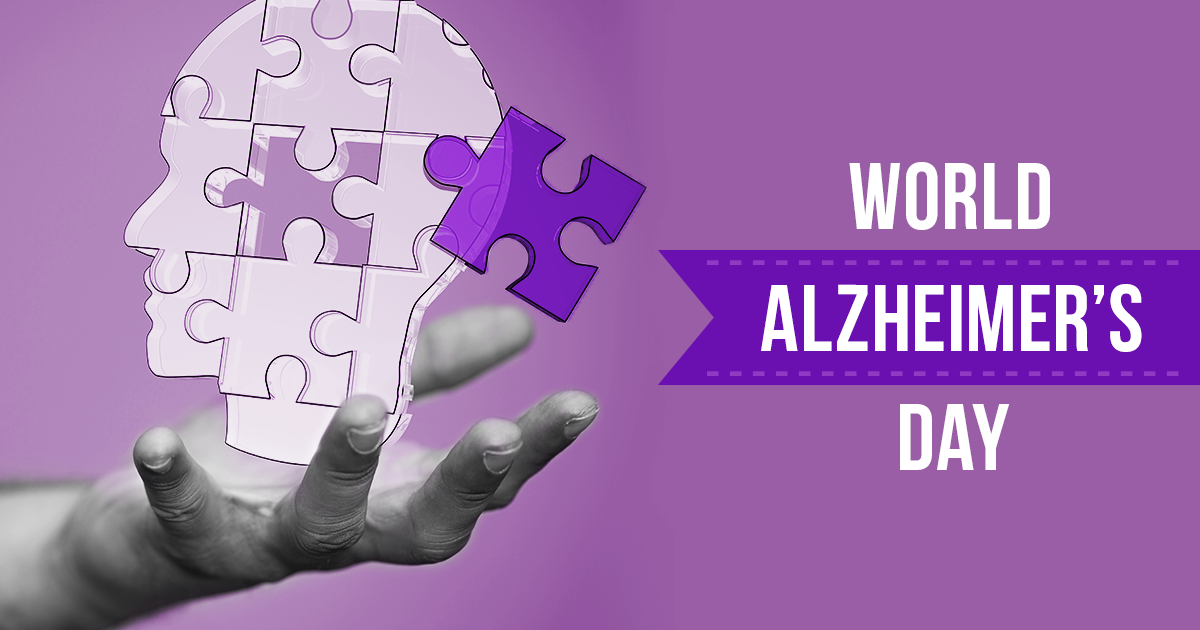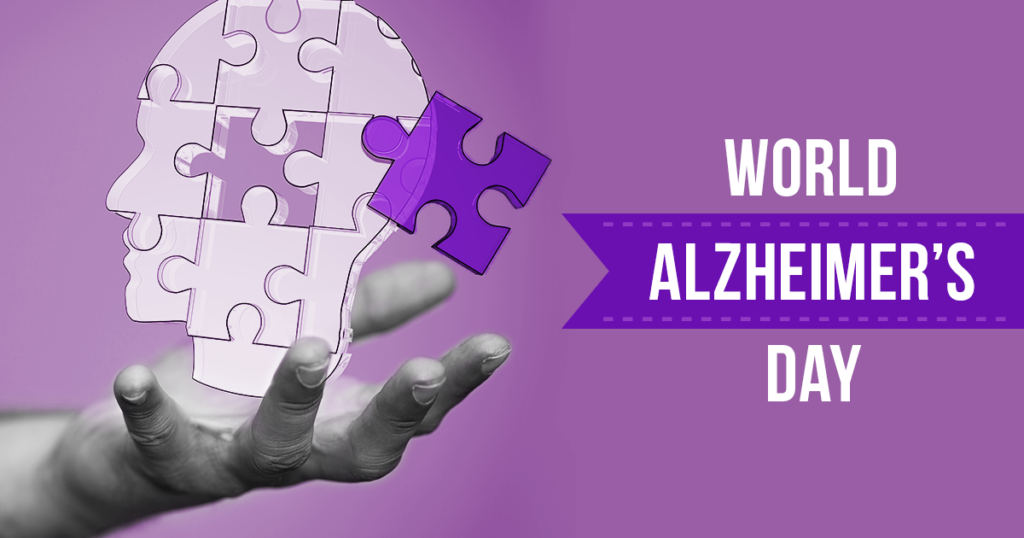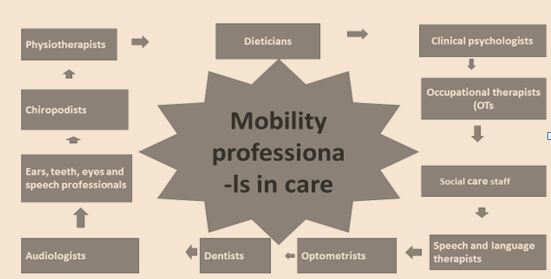Why dementia misdiagnose by the health professionals: And Who is dementia specialists?


This September 21st is the (month of Alzheimer) Day of World Alzheimer day. This day on which Alzheimer's organizations around the world focus their efforts on raising awareness globally bout a neuro-degenerative Alzheimer's and dementia. This dementia issues globally rising issue. However, here in Nepalese context this disease has taken as low public health priority. Because it is considered as “old age disease”. Therefore, we need to understand before some the conceptual things like: Aging and Dementia, Delibrium, Depression, Gerentology, Alzheimer.
Aging is process of growing old or maturing is aging. An artificial process for imparting the characteristics and properties of age. It is also said that ageing is not lost youth but a new stage of opportunity and strength. Ageing is the ultimate manifestation of biological and demographical activities in individualuman being and population at large. Likewise, Gerontology (Greek- geron, "old man" and, -logia, "study of"; coined) is the study of the social, cultural, psychological, cognitive, and biological aspects of aging. Gerontology is the interdisciplinary study of the aging process and issues related to an aging society.
What Differences between normal aging and dementia?
As we hear both Alzheimer and dementia are similar things however, it is common myth. Dementia is a natural part of aging. But, Alzheimer's and other dementias are in fact NOT a normal part of aging. Both Alzheimer's and other dementias are considered brain diseases that can cause significant memory loss.

Differences between dementia, delirium and depression



Why misdiagnose and mismanagement of dementia?
i) Normal brain pressure or hydrocephalus condition with as dementia,
ii) Undiagnosed Parkinson's disease and related disorder,
iii)Undiagnosed depression in teenagers,
iv)Undiagnosed anxiety and depression,
v)Normal brain pressure or hydrocephalus condition with as dementia,
vi)Children and migraine often misdiagnosed with children,
vii)Tremor, stiffness and
viii)shakiness need not be Parkinson,
ix)Vitamin B12 deficiency under-diagnosed.
x)Dementia may be a drug interaction, Undiagnosed stroke may have to aphasia,
xi)ADHD under-diagnosed in adults,
xii)Eating disorders under-diagnosed in men,
xiii)Manic-depressive or Bipolar disorder conditions,
- Dementia Treatment Gap
- Dementia is a significant challenge for Health professionals (HPs) in both developed and developing countries as the prevalence rate is due to increase dramatically. In both hospital settings and in primary care, HPs play a key role in the diagnosis of dementia. Dementia presents a particular challenge for primary care providers who are not adequately trained to diagnose it in the earlier stages of its cognitive impairment. HPs are often the first to observe patient, followed by nurses who have an important role in identifying early signs of dementia. However, the need for better interventions to detect, prevent and ameliorate the impact of dementia is highlighted by its late detection. More than 50% of cases are not diagnosed by the HPs in their practice. In 2021, over half a million people will be living with dementia that has gone undiagnosed. Even in higher income countries, only 20%–50% of dementia cases are recognized and documented in primary care.
-In high-income countries, only 20-50% of dementia cases are recognized and documented in primary -care (Alzheimer disease international, 2013).
-India revealed 90% remain unidentified (Dias & Patel 2009; Nair, 2009).
-28 million of the 36 million people with dementia have not received a diagnosis.
-In UK, up to 90,000 patients are living without diagnosed dementia (Alzheimer Society UK, 2013).
- What are the Common Misconceptions about Dementia?
- The Royal College of Nursing reports that around a quarter of hospital beds are occupied by dementia patients and at the end of their life older people with dementia spend much of their final years in a hospital. People with dementia receive less palliative care compared with similar individuals without dementia. HPs need to be more aware of palliative care frameworks that have relevance for dementia patients. More than 13% of people require long term care and it is estimated that between 101 and 277 million dementia patients will need care between 2010 and 2050. In the UK, if a dementia specialist nurse could reduce even for one day the hospital occupancy rate of older people, the amount to be saved would be almost £11,000,000 nationally. Moreover, if dementia care were a country, it would be the world’s 18th largest economy. Thus, we need to misunderstanding of common people and try to address to make clear on the following things;
-As a caregiver, you are helpless
-There are no available treatment options for
-Dementia is a normal part of getting older.
-All people with dementia have Alzheimer’s
-Dementia is a normal part of getting older
-Anyone diagnosed with dementia is unable to make decisions

- What are the common Myths of Dementia?
The majority populations believe that dementia affected patients are not aware of what is happening around them
-People with dementia don’t know what they want or can’t communicate what they want
-Dementia is a natural part of aging.
-Once you have dementia there is nothing you can do
-Only the elderly get dementia because it is issue of older person at the end of life.
-People with dementia can’t understand what’s going on but they can not self -can by the support of others.
-I should correct what a dementia sufferer says when they are wrong
-There is nothing I can do to lower my risk of dementia
-There is a cure for dementia but not yet cure.
-Alzheimer’s disease and dementia are the same things but the fact is not. Alzheimer is one types of Dementia. See below;
What are the Clinical Considerations?
-Geriatric situation-constipations, vision, hearing, depression, vision, falls and fall related injuries, osteoporosis, sleep disorders, continence and other activities, chronic pain, balance, hypoxia, anaemia, postural hypotension, physical appearance, gait, Katz index of independence in activities of daily living etc.
-Social engagement/participation.
-Preventive medicine- review of Immunizations, cancer types, diabetics, HIV.
-Family interview- asking a social attitudes (positive-negative), perceptions and relationship.
-Cognitive incapacity and problem behavious.
-Patients’ nutrition- body weight, height and good-looking body figure.
-Individuals’ history of past and present (current functioning, memory status, cognitive issues, safety activities, behavioural activities).
-Medication/ medical history- head trauma and some neurological functioning, poly pharmacy.
Who is dementia specialist?
This is a complicated disease to diagnose dementia by the only one doctors so multi-experts team is necessary for accurate diagnose. The initials roles go through by General practitioners at the beginning. The referring process to the neuropsychiatric, geriatric and neurology in dementia might have an important element for the further assessment. Not only medical doctors, by multi doctors can diagnose the problem of seniors complication like urinary tract infections and others primary care health. According to Alzheimer society Ireland, (2015) has recommended visiting below explained health professionals. For example:

What methods can we apply for the prevention?
There are pharmacology and non-pharmacology ways to keep brain healthy and apply the preventive ways that can reduce risk of developing dementia end of life.
1)Be free from tension, do regular yoga, mediation, physical exercise, balance diet, Mediterranean diet, Quality of life, Positive thinking, no smoking, no over drinking, maintaining body weight, Pain management
2) Manage the Omega-3 polyunsaturated fatty acids (PUFA),
3)Apply vitamins B6-B12- B9 as needed. Vitamin B6-pyridoxine, Sources: bread, eggs, fish, milk, peanuts, potatoes, pork, poultry, soya beans, Vegetables.
4)Vitamin E- 15 mg a day, vitamin C-90 mg a day for men, 75 mg a day for women. Vit- E Sources: nuts and seeds, plant oils (corn, olive and soya oil, wheat germ).
5)Apply the Nutrition, Antioxidants-vitamin C, vitamin E and flavonoids-,
6)Reduces the Consequences of dementia-related issues
7)under nutrition and weight loss, Education and training interventions,
8) Intake: 1.7 mg a day for men, 1.5 mg a day for women; B12- 0.0024 mg a day; B9-0.4 mg a day.
9)Vitamin B9-folate: it produces red blood cells, in the metabolism of amino acids and nucleic acids
10_)To add normal cell division during pregnancy.
11) Sources: asparagus, broccoli, brown rice, brussels sprouts, chickpeas, liver, peas, Spinach
12) Vitamin B12, also known as cobalamin, is essential in the production of red blood cells (together with folic acid) and nerve sheaths, and in the metabolism of carbohydrates, lipids and proteins: Sources: cheese, cod, eggs, meat, milk, salmon
Author is currently working in Alzheimer Association, USA and ARDS Nepal.

 Krishna Prasad Pathak
Krishna Prasad Pathak




Feedback